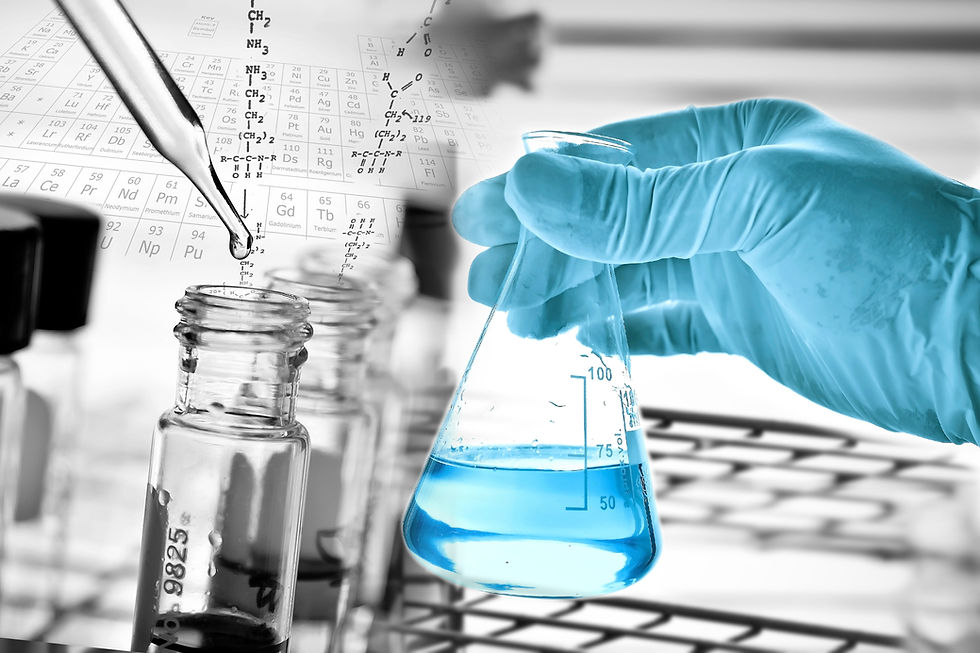
Electrolyte Panel
Is a test that evaluates electrolyte levels, including sodium, potassium, and calcium. It helps diagnose medical conditions.
The Electrolyte Panel is a medical test that evaluates the levels of key electrolytes in the blood. Electrolytes are vital minerals required for proper cell and organ function. This test helps monitor electrolyte balance and assesses fluid and electrolyte status. Below are key details about the Electrolyte Panel:
Sodium (Na⁺)
Sodium is essential for regulating fluid balance, nerve signaling, and muscle activity.
Irregular sodium levels may indicate dehydration, kidney issues, or hormonal disturbances.Potassium (K⁺)
Potassium is crucial for nerve signaling, muscle contractions, and heart function.
Abnormal potassium levels can disrupt heart rhythm, cause weakness, and affect overall health.Chloride (Cl⁻)
Chloride helps regulate pH balance, fluid distribution, and digestion.
Deviations in chloride levels may be linked to kidney disease, respiratory conditions, or metabolic issues.Calcium (Ca²⁺)
Calcium supports bone strength, nerve function, muscle contractions, and blood clotting.
Imbalanced calcium levels may result in muscle spasms, fragile bones, or irregular heartbeats.Magnesium (Mg²⁺)
Magnesium is necessary for nerve signaling, muscle coordination, and maintaining a steady heartbeat.
Low or high magnesium levels can lead to muscle tremors, weakness, and irregular heartbeats.Phosphorus (PO₄³⁻)
Phosphorus aids in energy production, bone health, and maintaining pH balance.
Irregular phosphorus levels may signal kidney disease, hormonal disorders, or metabolic imbalances.
The Electrolyte Panel allows healthcare providers to evaluate essential mineral levels in the body. Electrolyte imbalances can cause various symptoms and serious health issues. This test is particularly useful for assessing dehydration, kidney disease, medication effects, and conditions impacting electrolyte levels. It provides critical data to help guide treatment plans and ensure proper electrolyte management for optimal health and function.

